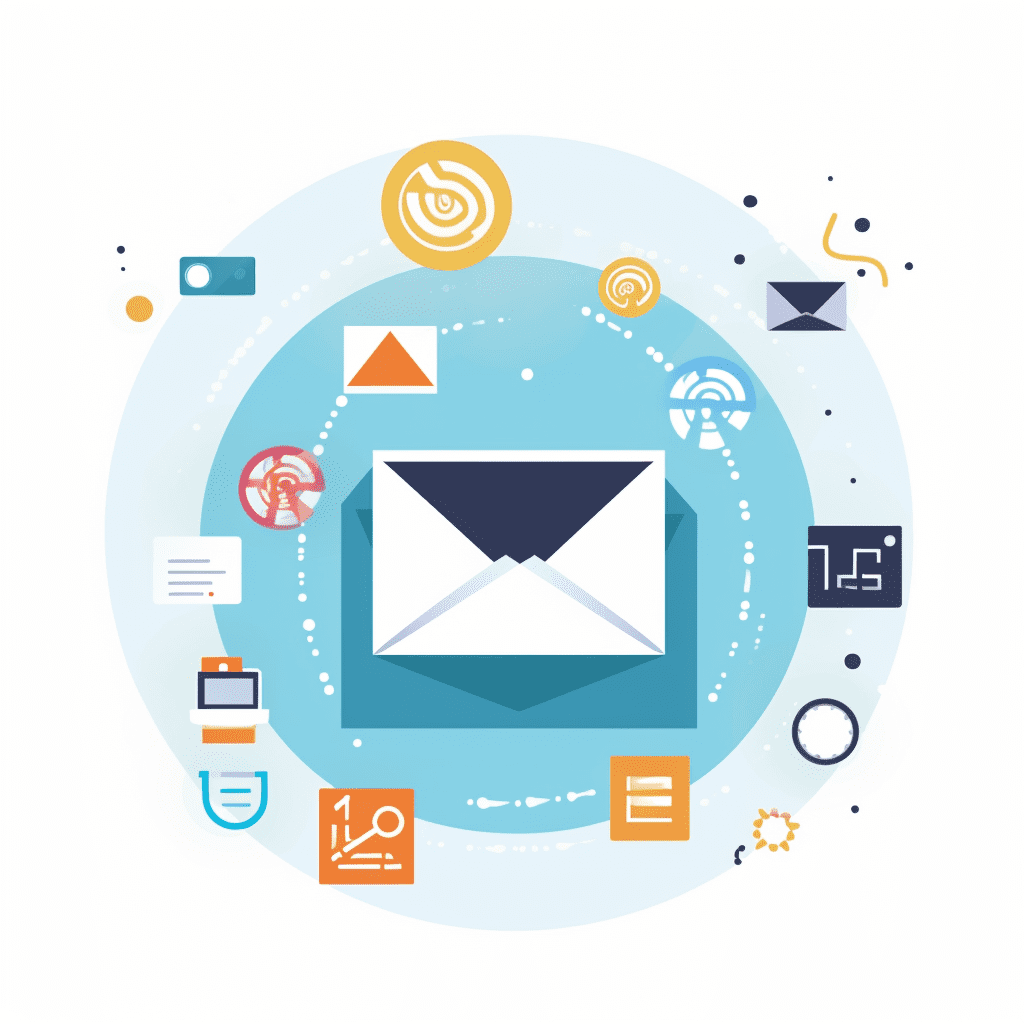Some of the most outstanding advantages include:

Direct and personalized communication: Email marketing allows companies to reach their customers and prospects directly through their inbox, giving them the opportunity to send personalized messages tailored to their interests and preferences.
Low cost and high return on investment (ROI): Email marketing is one of the most profitable digital marketing strategies, as it generally has lower costs compared to other channels, such as online advertising and social media. Plus, it typically offers a high return on investment, making it an attractive option for businesses of all sizes.
Segmentation and targeting: Email marketing allows companies to segment their subscribers based on various criteria, such as geographic location, online behavior, and purchasing preferences. This helps them target their campaigns more precisely and improve the relevance of their messages.
Customer loyalty: Email marketing is an excellent tool to retain customers, as it allows companies to stay in touch with their audience, offer them valuable content, exclusive promotions, and keep them informed about new products or services.
Lead generation and sales: Email marketing can be an effective channel for generating leads and sales, as it allows companies to reach their subscribers at the right time with relevant offers and promotions.
Measuring and tracking results: Email marketing platforms often offer analytics and tracking tools to measure campaign performance, such as open, click, conversion, and unsubscribe rates. This allows companies to identify opportunities for improvement and optimize their email marketing efforts.
Frequently Asked Questions
Here are some of the most frequently asked questions about email marketing, along with their answers:
What is email marketing?
Answer: Email marketing is a digital marketing strategy that uses email as a means to send commercial and promotional messages to a specific audience, with the aim of generating interest, loyalty and sales.
Why is email marketing important?
Answer: Email marketing is important because it allows companies to communicate in a direct and personalized way with their audience, it is profitable, it facilitates segmentation and targeting, it helps to retain customers, it generates leads and sales, and it allows measuring and optimizing the campaign performance.
How can I get started with email marketing?
Answer: To get started with email marketing, it is necessary to define your objectives, create a subscriber list, select an email marketing platform, design and write your messages, establish a sending schedule, segment and personalize your campaigns, and measure and analyze the results.
What is the ideal frequency to send emails?
Answer: The ideal frequency to send emails depends on the nature of your business and the preferences of your audience. It's important to find a balance between keeping in touch with subscribers and not overwhelming them with too many messages. Running tests and analyzing the results will help you determine the optimal frequency for your campaigns.
How can I increase the open rate of my emails?
Answer: To increase the open rate of your emails, it is essential to use attractive and relevant subject lines, personalize messages, segment subscribers, optimize the time of sending and maintain a current and quality list of subscribers.
How can I prevent my emails from being marked as spam?
Answer: To prevent your emails from being flagged as spam, make sure you get subscriber consent, use a reputable email marketing platform, avoid excessive use of suspicious keywords and characters in the subject line and content, include an email link download clear and easy to find, and respect the laws and regulations applicable in your country.
What is the difference between email marketing and spam?
Answer: The main difference between email marketing and spam is consent. Email marketing is based on sending commercial and promotional messages to people who have given their consent to receive them, while spam consists of sending unsolicited and unwanted messages to a large number of recipients without their permission.
